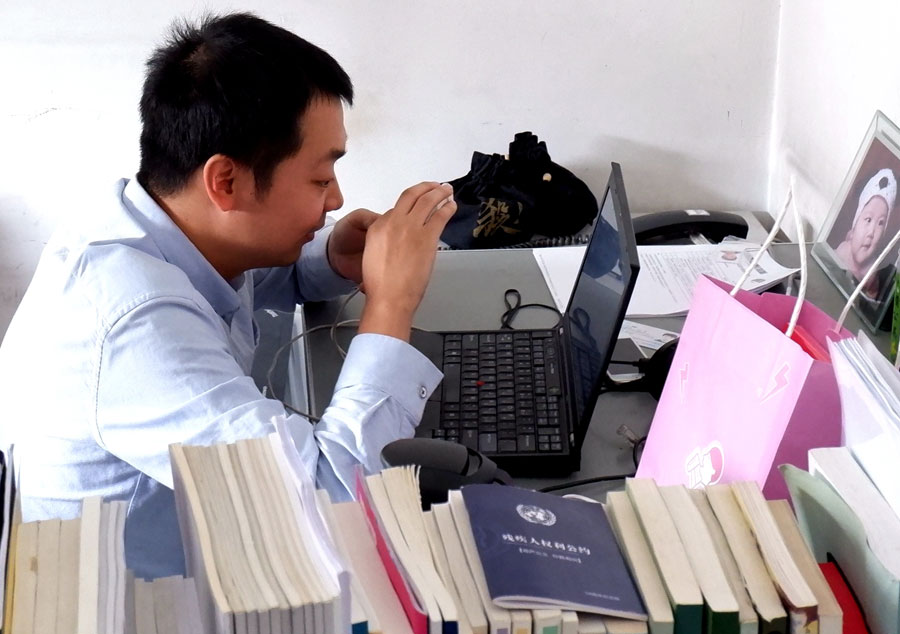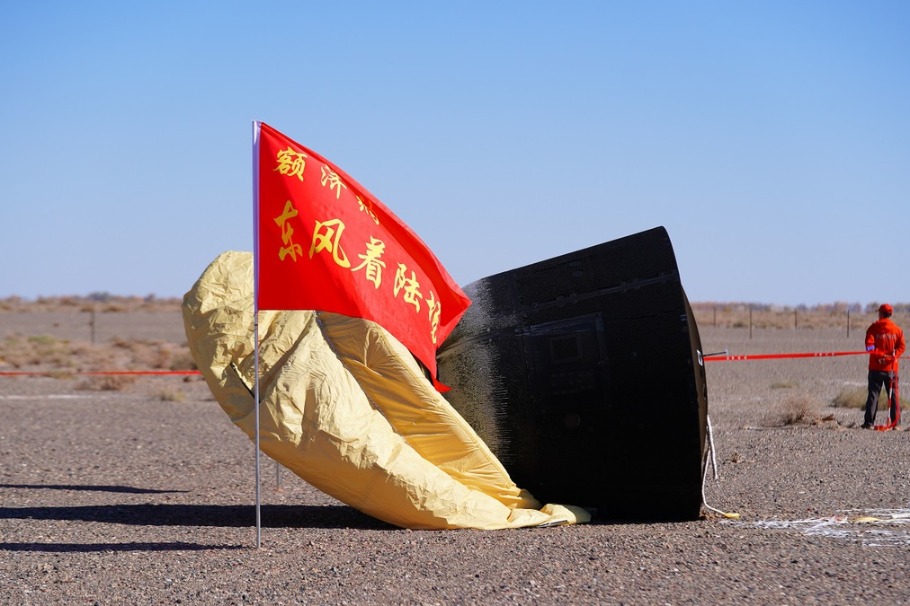Charities and social groups help promote a new vision of equality


As the world marks the 34th White Cane Day, a growing number of blind and visually impaired people in China are pushing for more options in employment and education. Li Lei reports.
Editor's note: This is the first of two stories about developments in the lives of blind and visually impaired people. The second story will be published next month.
Cai Cong vividly remembers the sense of disillusion he felt on his first day at college in 2005. The then-19-year-old had enrolled at a special college in Jilin province, Northeast China, which was one of the few in the country that offered undergraduate programs for visually impaired students like him.
However, his academic dream was shattered when he discovered that the only major on offer was massage techniques, a typical course at educational institutions for students with visual disabilities.
The teachers told the students that the only way they could stop being burdens on their families and society was to become masseurs, and cited examples of blind people who had failed in other fields to make the new intake more pliable.
"I had enjoyed writing since middle school, and I expected to study a major related to literature, but the syllabus was not supportive," said Cai, project director of the Youren Foundation, an organization in Beijing for disabled people.
The 32-year-old, who has more than 20,000 followers on Sina Weibo, is one of a very small number of China's 12.6 million visually impaired people who made it to tertiary education, but like many in that select group, the training he received initially limited his career options.
Oct 15 marks the 34th International White Cane Day. The event was established at the founding congress of the World Blind Union in 1984 to educate people about blindness and celebrate the abilities and successes of blind and visually impaired people across the world.
Instead of living on State benefits, an estimated 120,000 blind and visually impaired people in China work long hours in street massage parlors or hospitals to support their families, using the skills they gained in blind schools at all levels.
Many of those who aspire to make the most of their potential said the education they received was homogeneous and limited their career prospects.
























